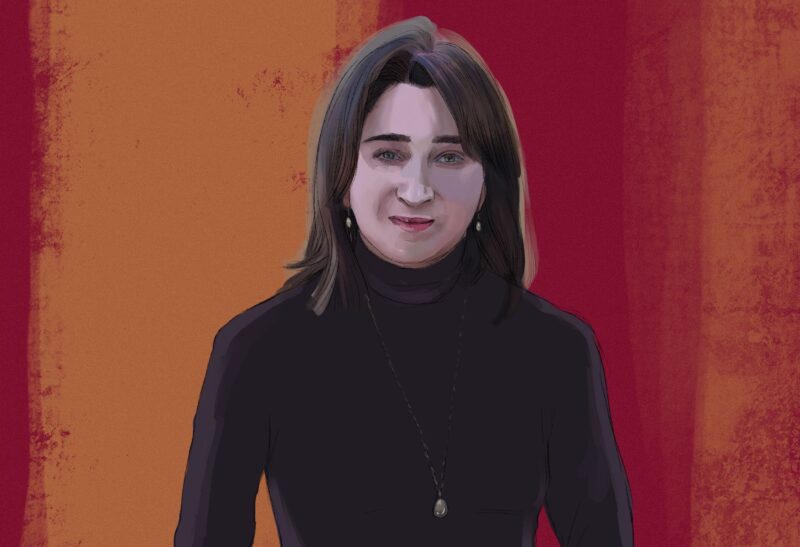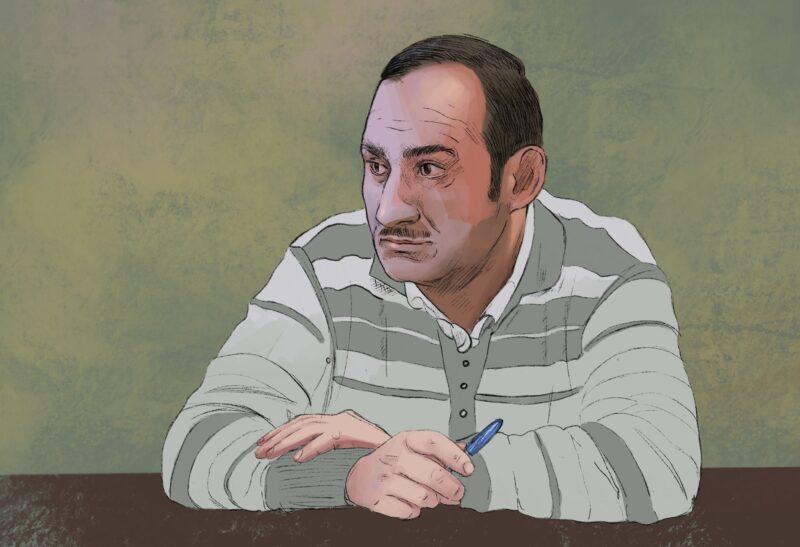
Ahmed and the “bomb” clock
The past ten days saw quite a few young adults make the news. Living in the US or anywhere in the Western hemisphere, it was nearly impossible to escape the news about
Ahmed Mohamed and the ‘bomb’ clock
. The details have been presented, re-hashed and analyzed,
here
and
here
, so I won’t belabor the details.
What is particularly interesting, however, is how the traditional and social media outlets exploded with criticism. Nearly every person with access to an electronic device and the internet weighed in. Twitter was (as usual) particularly entertaining. People made memes, created the hashtag #IStandWithAhmed, criticized the police, and lambasted the rest of the authorities.
While criticism ran the gauntlet from ridiculous (several conspiracy theorists said the fiasco was part of a larger plan to end the world) to witty, analysis was sharp, to the point, and called out the duality of American democracy, while recognizing the possibility of the incident being a pre-planned scam.
A few examples of the rich Tweets:
1) Google Invite!

2) Somewhat funny joke

3) Beware the clocks!

Puzzling trend
When the dust settled, Ahmed Mohamed had been harassed and escorted handcuffed out of school, but fines were dropped, no jail time was spent. The teachers and police came out worse for wear, while Ahmed Mohamed received a US presidential invitation, goodies from various tech companies and invites form Google, Wired, Facebook and MIT to hang out.
The response from the public was such that the analysis, the talk, pundits, and the emotional #Hashtags over took the media for several days.
That the American public flocks to some stories while seemingly apathetic towards larger issues, is a confusing and puzzling trend.
Meanwhile in Azerbaijan…
The story of Ahmed Mohamed is in sharp contrast to the past ten days in Azerbaijan.
Up to five journalists were detained. Three females were detained immediately upon exiting an airplane at the Heydar Aliyev airport, one was scooped up on his way to university, and one was nabbed (along with a friend) outside her flat n Baku. The three fetched from the airport work as freelance journalists for Meydan TV. They were released five hours later and not allowed to contact lawyers.
The stated reason for detention was supposedly to see if the journalists were in compliance with an obscure accreditation law, even though the issue was never raised during the questionings of Meydan TV contributors. Shirin Abbasov, a 19-year-old student, was held for over 8 hours before it was announced that the Ministry of the Interior’s General Directorate for Combating Organized Crime had Abbasov in custody.
He has been held incommunicado for over a week, and it is known he was sentenced to 30 days of administration detention. This not a new phenomenon and one which comes on the heels of a series of events: protests in Mingachevir, the sentencing of Khadija Ismayilova, the National Assembly of Azerbaijan (Milli Majlis) ending participation in the Euronest Parliamentary Assembly, and the OSCE withdrawing from monitoring the upcoming November 1 elections.
2015 has been a busy year for human rights oppressors. A quick scan or pulse of the Tweets regarding the past ten days in Azerbaijan reveals several interesting viewpoints.
1) Utterly removed from reality:

2) Diversionary #1:

3) Over the top

4) Diversionary #2:

#Hashtag advocacy and public bandwagoning
I reflected about my weariness of the public opinion of the Ahmed Mohamed incident and thought about the issues happening in Azerbaijan. A country, where in light of events that are even more grave than the clock-mistaken–for-a-bomb incident, there are no memes, no presidential notes, no scholarship being set up for Abbasov and no (to my knowledge) internet trolls pitting conspiracy theorists against realists over the reason behind Abbasov’s detention. That is not to say the courageous journalists from Meydan, other outlets and organizations are not actively calling for transparency, pushing for fair treatment, or advocating for justice. They are.
The very fact of Abbasov’s detention shows that the voices, calls for recognition, newsletters, and opinions of journalists working in, around and with Azerbaijan are being heard, and being heard loud and clear by a dysfunctional government.
Although not a fan of public bandwagon, I can champion the presence of memes, the ubiquitous #Hashtag advocacy and the ability for a public to express a wide variety of opinions (even if I disagree). While annoying or sometimes overwrought, such public discourse with government and leaders is both necessary and, more to the point, not available in Baku.
Arbitrary, nonsensical arrests happen weekly, websites are blocked, and content is removed. Such a public bandwagon (with all its ridiculous opinion, criticism of systems, silly memes and misplaced blame) without fear of arrest, financial hardship or loss of employment would be a welcome sight in Azerbaijan.
If nothing else the fiasco(s) of the last ten days in Azerbaijan and the clock that wasn’t a bomb was a demonstration of how freedom of religion, speech, and assembly are still freedoms worth struggling and advocating for, even if the context and playing field has changed to include #Hashtag advocacy, Twitter and memes. Hopefully, the day will come, when mistakes in the rule of law, public safety and freedom of speech are open for discussion, hashtags, memes, and presidential invitations in Azerbaijan.
The views expressed in this article are the author’s own and do not necessarily reflect Meydan TV’s editorial policy.



